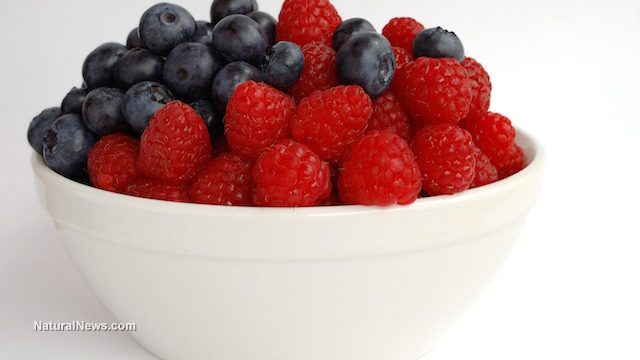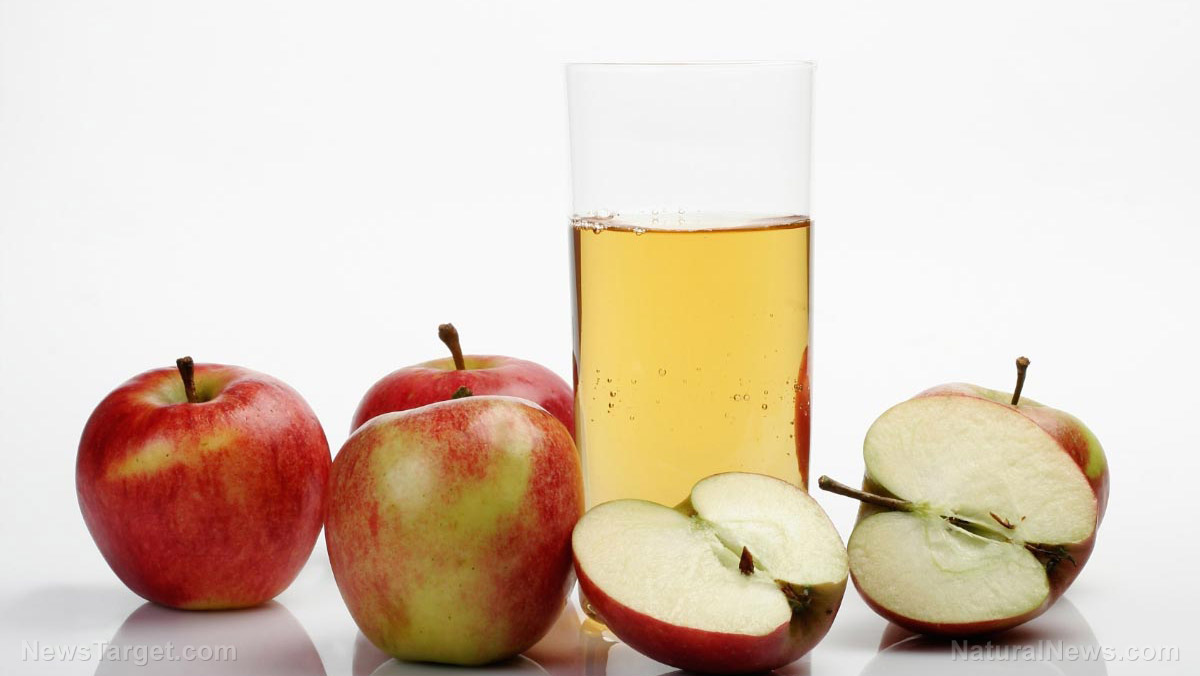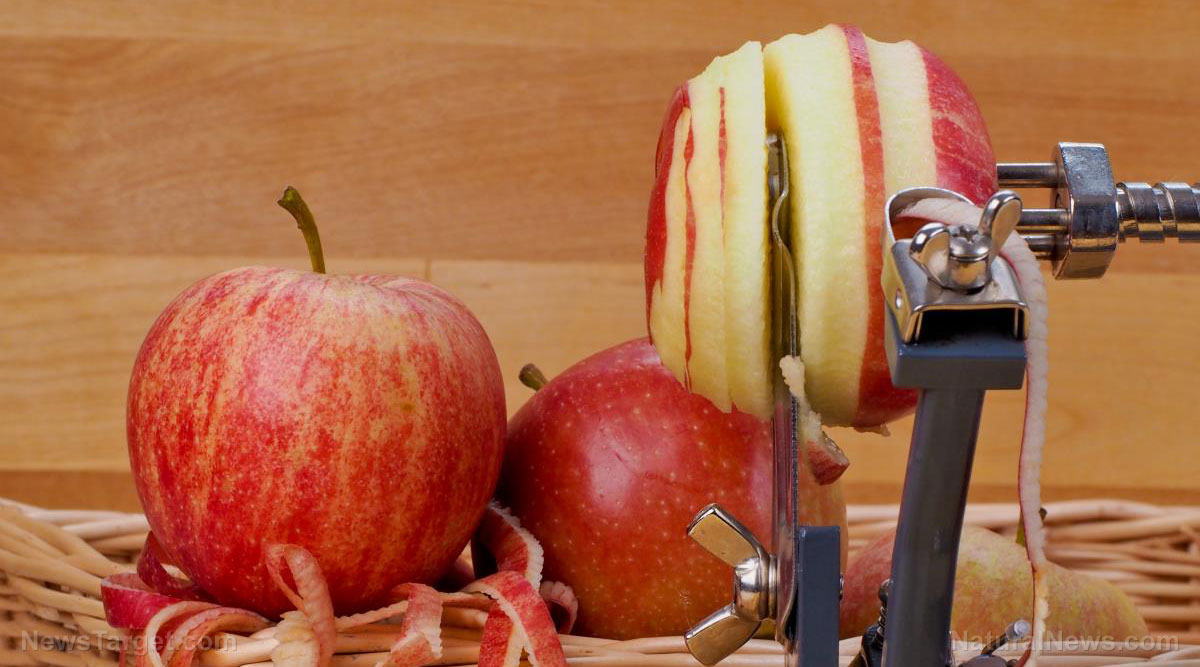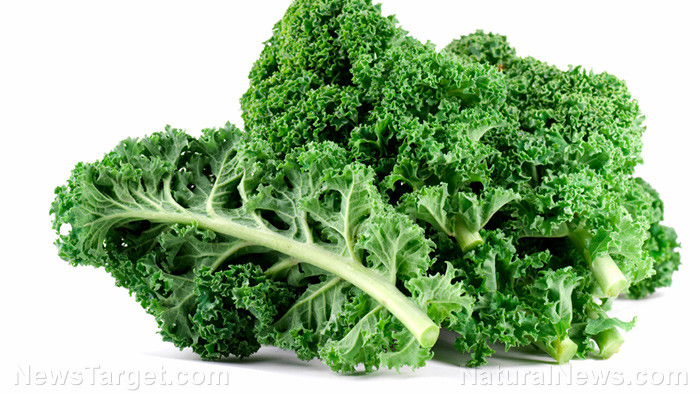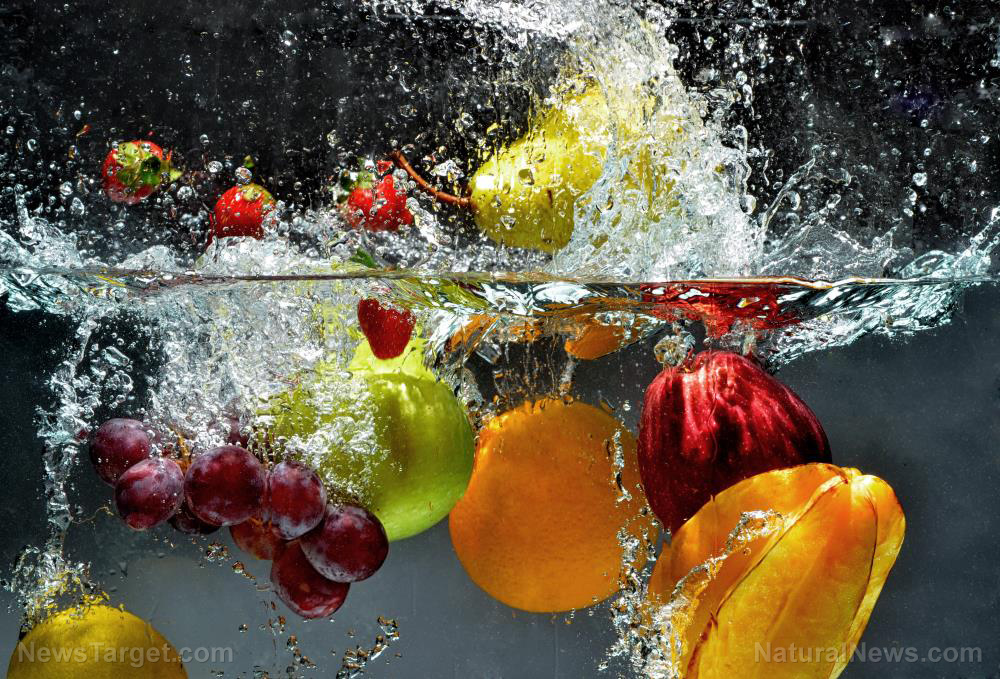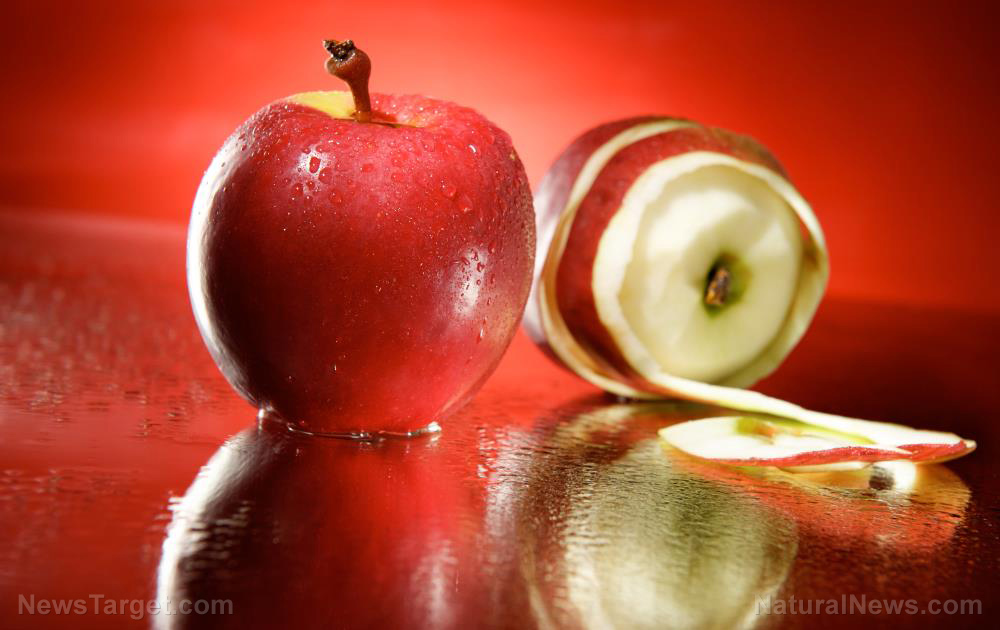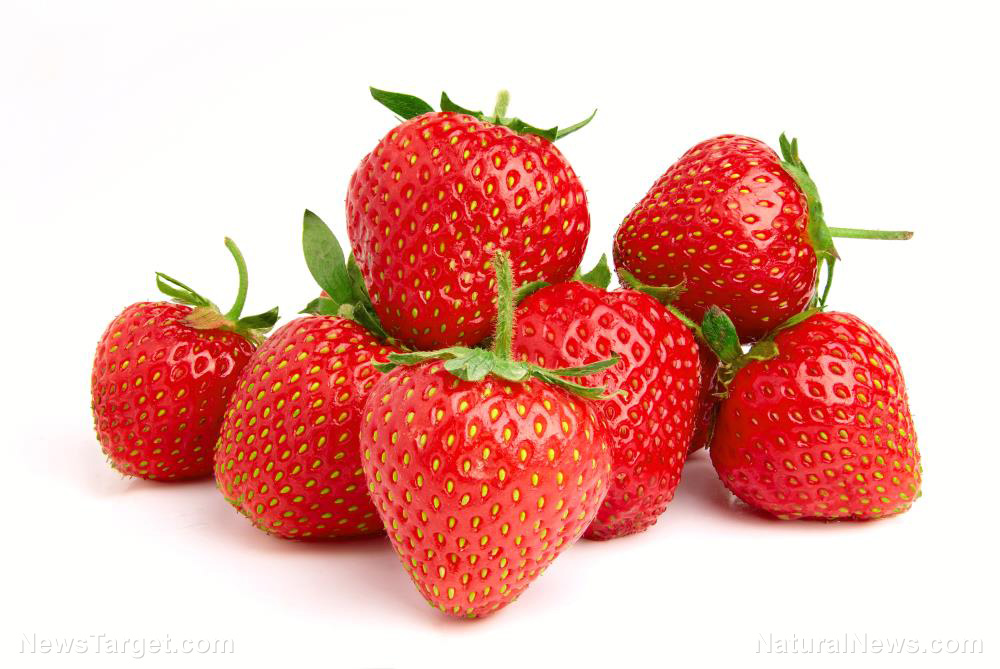Are you one of the 60 percent of people who have trouble digesting fructose?
04/04/2019 / By Dianne Wiley
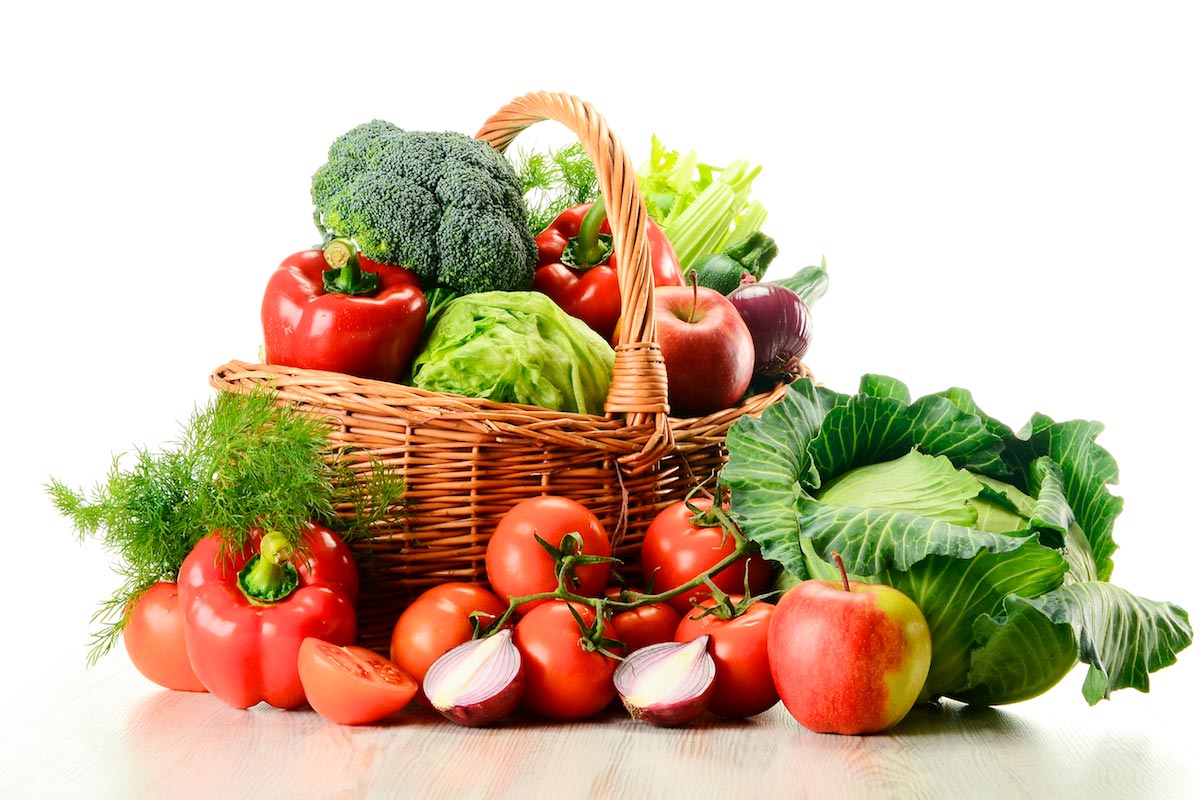
Apples are great, they are a healthy snack to eat on the go, but are they causing your bloated feeling? After eating apples daily and suffering with bloating and painful gas, writer Ross Clark documented his findings. Clark researched extensively into Celiac disease and bowel cancer but found he didn’t suffer the more serious effects of the illnesses. After nearly forty years of searching, Clark finally found the answer. His body did not absorb fructose, which is commonly found in not only fruits and vegetables but also in honey, high fructose corn syrup, processed foods, and plain granulated sugar. As fruits and vegetables are common components to many diets, could it be making matters worse?
Studies done here in America have shown that more than 50 percent of the population cannot process more than 25 g of fructose, which can easily be found in just a couple of apples. More than 80 percent cannot process 50 grams of fructose. So what happens to the fructose that is not absorbed by the body? It travels down into the large intestine where it ferments and creates gas. This bloating feeling is common after eating for many people, and this simple thing could very well be the cause.
Many people, even those with a fructose intolerance, can often eat fruit but those with a sensitive stomach will more than likely end up with a gurgling gut as the gas moves through it. One way to combat the bloat is to eat foods that have both fructose and glucose as glucose makes fructose easier to absorb. There are many fruits that have a near equal ratio of fructose to glucose such as peaches and grapes. Those like apples, watermelons, and pineapple will still cause problems with the higher levels of fructose that they contain.
Tomatoes are another common culprit as they contain large quantities of fructose. They are also acidic which can cause acid reflux in addition to bloating. When foods with tomato sauce or fresh tomatoes are prepared and eaten, those with malabsorption of fructose will often end up with multiple symptoms later in the day, especially if eaten in the evening. How often have you woken up with heartburn and acid in your throat after a night of Italian food or a pizza day in the office? The double hit of acids and fructose are enough to tear up even a healthy stomach, and if there is already a sensitivity, it’s bound to be considerably worse.
One way to circumvent the effects of apples slightly is to cook them with a little bit of sugar, as you would a pie or tart, though it will not completely erase the symptoms of fructose intolerance. The best way to navigate through the appropriate diet changes would be to research your foods and find their fructose to glucose ratio. There are several websites that can help find the best path to take, one being foodintolerances.org, as they list foods that show both reactions and those that are safe for people suffering from malabsorption of fructose.
Another side effect of fructose malabsorption is that it interferes with the body’s natural production of serotonin. Serotonin is the chemical in the brain that balances moods. It also has an effect on nearly every part of the body including sleep patterns, anxiety, and even digestion. Serotonin is produced from the essential amino acid tryptophan. Too much fructose in the body will prevent the absorption of tryptophan, causing the body to not produce serotonin as a result.
Everything is connected and when one part of the body is not in balance, the rest will follow. Nobody knows your body better than you do; listen to it and treat it right. It’s the only one you have in this life.
Sources include:
Tagged Under: bloating, celiac disease, fructose, fructose malabsorption, fruits and vegetables, ingredients, serotonin, stomach pain

